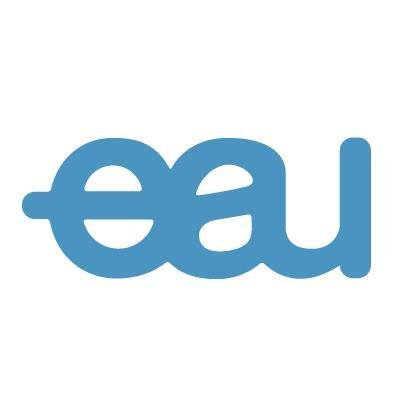Share this Page:
Data from the second biennial worldwide International Kidney Cancer Coalition (IKCC) Global Patient Survey of diagnosis, management, and burden of kidney cancer was presented by Dr Giles, chair of the IKCC, at the European Association of Urology (EAU) Annual Meeting earlier this week. This presentation focussed on older patients.
The aim of the survey was to improve understanding and contribute to reducing the burden of kidney cancer. Patients and caregivers completed a 35-question survey to identify differences between countries in patient education, experience and awareness, access to care and clinical trials, best practices, quality of life, and unmet psychosocial needs. The survey was distributed in 13 languages via IKCC’s 46 Affiliate Organisations and social media. The data were collected and analysed independently.
Over 2,000 patients from 41 countries responded to the survey. The full global report is available on the IKCC website. In terms of diagnosis, 44% had metastatic disease, 23% had localised kidney cancer, and a third had no evidence of disease (i.e., their tumour had been removed and the cancer could not be detected). Patient experiences differed depending on the availability of treatment options in their country.
In terms of treatment, many patients didn’t understand their prognosis; 42% reported that the likelihood of surviving their cancer beyond 5 years was not explained. Patients aged 65 and older experienced more barriers to quality care, understood their disease less well, and waited longer for a diagnosis.
Older patients didn’t understand the 5-year risk of recurrence when they were diagnosed with kidney cancer. However, older patients were more involved in treatment planning decisions, which points to the need to involve younger patients in shared decision-making.
Patient-generated data such as this is evidence-based and can be used to improve the EAU guidelines for the treatment of kidney cancer.















